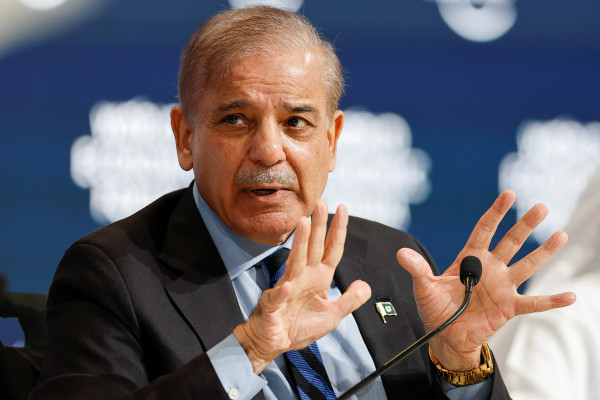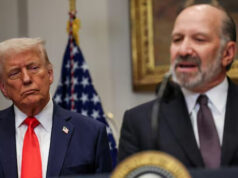Call it tit for tat: on Wednesday night India shut down all trade with Pakistan. Cut to Thursday, Islamabad did the same, suspending all trade with India and ordering the immediate closure of the Wagah border crossing, the only land route for trade and people.
Last year, trade through the Attari Land Port was valued at over Rs 3,886 crore, involving nearly 7,000 cargo movements and more than 71,000 passenger crossings.
Though modest in scale, vegetables including onions, plastic products, red chilies, soybean, and chicken feed, goes from India. Dry fruits, cement, herbs, rock salt, and gypsum, comes from Pakistan.
“Trade has been suspended for many years by Pakistan; whatever little was there will stop now with New Delhi closing Attari border,” noted Anil Trigunayat, a former diplomat currently with the Vivekananda International Foundation.
The ban on trade will hurt Pakistani traders more than any Indian, but clearly Islamabad felt the need to respond. Pakistan’s National Security Committee (NSC), chaired by Prime Minister Shehbaz Sharif described India’s actions post the Pahalgam attack as “unilateral, politically motivated, and devoid of legal merit.”
It accused New Delhi of exploiting the tragedy for political ends, while vehemently rejecting any linkage to the Pahalgam incident.
Among the laundry list of other measures, Indian nationals in Pakistan were told to exit in 48 hours, barring Sikh pilgrims.
Indian owned or operated aircraft cannot overfly Pakistani airspace and all bilateral agreements including the Indus Waters Treaty and Simla Agreement, remain suspended “until India desists from fomenting terrorism and violating international law.”
That may sound odd coming from a country which hosts, funds and trains terror groups but Pakistan rejects those accusations and rather faults India for domestic failures in Kashmir, which it insists remains disputed.
The NSC statement warned “firm reciprocal measures in all domains” against any threat to Pakistan’s sovereignty, an indication perhaps that it expects retaliation by India for the Pahalgam attack.
“India’s reaction so far has been diplomatic and measured and more may come,” Trigunayat said, “but in any case, steps taken will have a long-lasting impact with severe costs to Islamabad and Rawalpindi.”
The fallout from the Pahalgam attack may now reshape not just the security discourse but also regional economic integration, with long-lasting implications for people and businesses on both sides of the border.





